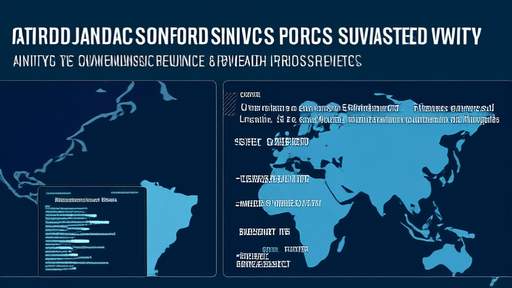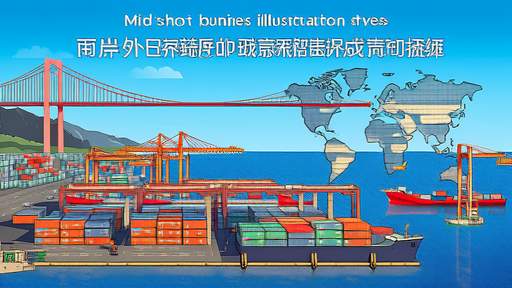The global minimum corporate tax rate, once heralded as a landmark achievement in international tax reform, is facing significant implementation challenges. What was envisioned as a unified approach to curb profit shifting and tax avoidance by multinational corporations has instead encountered resistance, technical hurdles, and political roadblocks. The ambitious framework, agreed upon by over 130 countries under the OECD-led initiative, now grapples with the complexities of real-world application.
Political and Economic Divergence
One of the most pressing issues is the lack of unanimous political will among key economies. While the Biden administration initially championed the 15% global minimum tax, domestic opposition in the U.S. has stalled legislative progress. Without ratification from Congress, the U.S. cannot fully commit to the agreement, creating uncertainty for other nations. Meanwhile, some European countries, such as Poland and Estonia, have raised objections over how the tax interacts with their existing fiscal policies. Emerging economies, on the other hand, argue that the rate may disproportionately benefit wealthier nations by limiting their ability to attract foreign investment through competitive tax incentives.
Technical and Administrative Complexities
Beyond political disagreements, the technical implementation of the global minimum tax presents formidable challenges. The rules require intricate calculations to determine the "effective tax rate" of multinational enterprises across different jurisdictions. Many countries lack the administrative infrastructure to enforce these provisions, particularly those with underdeveloped tax authorities. Additionally, the framework's reliance on bilateral agreements and information-sharing mechanisms raises concerns about data privacy and enforcement consistency. Tax experts warn that without standardized reporting systems, compliance could become a bureaucratic nightmare for both governments and corporations.
Corporate Pushback and Loophole Exploitation
Multinational corporations, the primary targets of the reform, have not remained passive. Legal and accounting teams are already exploring ways to minimize the tax's impact through restructuring and jurisdictional arbitrage. Some firms are considering relocating intellectual property holdings or redefining supply chains to fall outside the scope of the rules. Others argue that the tax could stifle innovation by reducing available capital for research and development. While the OECD has attempted to close potential loopholes, the sheer complexity of global business operations makes it difficult to draft airtight legislation.
Unintended Consequences for Developing Nations
A less discussed but critical issue is the potential adverse effects on developing economies. Many of these nations have historically used tax incentives as a tool for economic development, offering lower rates to attract foreign direct investment. The global minimum tax could eliminate this competitive advantage without providing alternative mechanisms for growth. Critics argue that the reform risks cementing the dominance of established economic powers while leaving smaller economies with fewer tools to climb the development ladder. Some African and Caribbean nations have already expressed concerns that the agreement was negotiated without sufficient representation from their regions.
The Path Forward: Compromise or Collapse?
As implementation deadlines approach, stakeholders are faced with difficult choices. Some experts suggest a phased approach, where the tax is initially applied only to the largest multinationals before expanding to smaller entities. Others propose regional variations or temporary exemptions for developing nations. However, any substantial deviation from the original agreement risks creating a patchwork system that could be worse than the status quo. The coming months will prove decisive in determining whether the global minimum tax becomes a transformative achievement or another well-intentioned but ultimately flawed attempt at international cooperation.
The success of this initiative now hinges on the ability of participating nations to reconcile competing interests while maintaining the spirit of the original agreement. Without genuine collaboration and flexibility, the global minimum corporate tax may join the long list of ambitious international reforms that failed to live up to their promise.

By /Jun 3, 2025

By /Jun 3, 2025

By /Jun 3, 2025

By /Jun 3, 2025

By /Jun 3, 2025

By /Jun 3, 2025

By /Jun 3, 2025

By /Jun 3, 2025

By /Jun 3, 2025

By /Jun 3, 2025

By /Jun 3, 2025

By /Jun 3, 2025

By /Jun 3, 2025

By /Jun 3, 2025

By /Jun 3, 2025

By /Jun 3, 2025

By /Jun 3, 2025

By /Jun 3, 2025

By /Jun 3, 2025

By /Jun 3, 2025